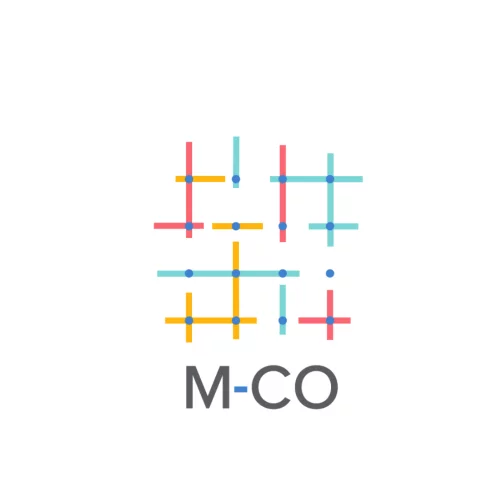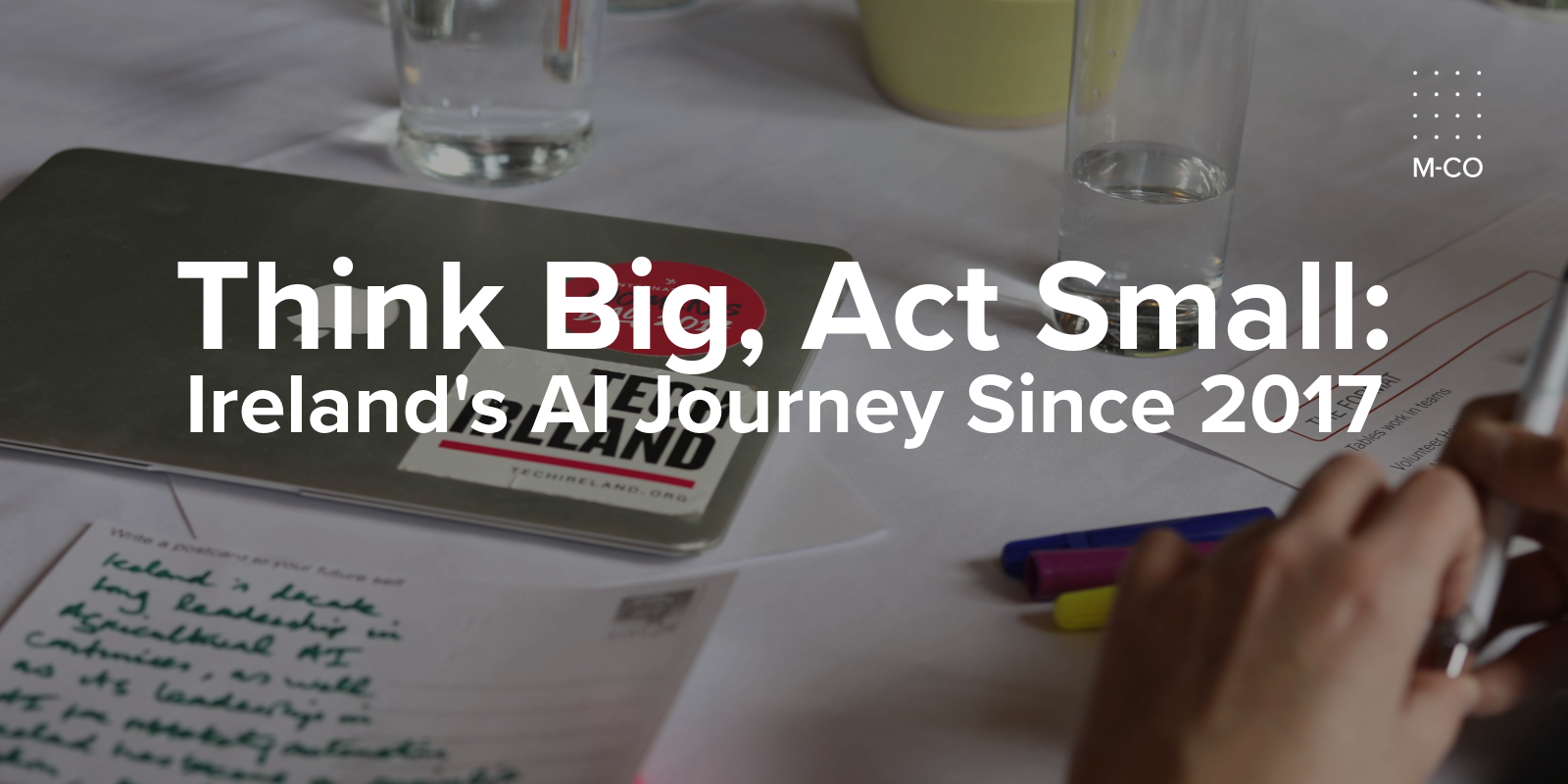In 2017, a group of 55 thought leaders gathered in Dublin to envision Ireland’s future in artificial intelligence.
Facilitated by a team led by Eve-Anne Cullinan at M-CO and convened by IDA Ireland, Enterprise Ireland, and Science Foundation Ireland (now Research Ireland), this workshop mapped out ambitious goals for what many saw as a technological revolution on the horizon.
Looking back at those workshop documents now, given the huge advancements in the field, feels like opening a time capsule.
In 2017, the group discussed AI as a potential solution for the ‘grand challenges’ facing society globally, and identified seven priority areas where Ireland could excel: healthcare, agriculture and food production, transport, AI innovation clusters, expertise hubs, empathy and creativity in AI, and smart communities.
What’s changed since 2017?
The transformation has been remarkable. What was once theoretical has become practical reality in many areas.
Healthcare AI has evolved from concept to consumer products, with Irish companies like Nuritas, SilverCloud Health and Deciphex contributing to advances in preventative care, mental health support, and medical diagnostics.
The vision of Ireland as an ‘AI Island’ has partially come into existence, with Dublin home to the European HQs of leading AI companies like OpenAI and Anthropic, tech giants pursuing their own AI technologies like Google and Meta, and homegrown companies with AI at the heart of their product, like Intercom.
Trinity College Dublin’s The AI Economy in Ireland 2025 report says that over 63% of multinationals and 40% of SMEs in Ireland now use AI in some form.
The workshop’s prediction of “AI in precision agriculture and supply chain advances” has become a commercial reality for many Irish agritech firms, with AI-driven precision agriculture tools like Cainthus, MagGrowTec and ApisProtect helping farmers optimise yields while reducing environmental impact.
Many of these businesses are building on Ireland’s established strengths in agriculture, pharmaceuticals, and enterprise services, adding AI capabilities to create competitive advantages in established industries, rather than simply pursuing AI for its own sake.
The challenges
Not all the workshop’s predictions have aged well however, and in parts show a striking prescience about potential problems.
At the time, participants expressed optimism about AI helping to create “reduced societal inequalities” and “more family/community time”.
Though we’re only at the beginning of the changes AI will bring to the world, the reality of its adoption has not been straightforward and many believe the challenges will increase before (or if) we get to some Utopian ideal of a more equal and more leisurely world.
While AI has created some new jobs, it has also begun to accelerate automation in sectors from customer service to logistics, creating workforce disruptions. The predicted “increased leisure time” hasn’t materialised for many workers, especially those caught in the gig economy that AI platforms often enable.
The question of taxation has also not been seriously addressed at a policy level: how does the economy as we know it continue to operate if there’s a reduced tax take from a smaller workforce? What are the implications for corporation tax? Will there be a need for some sort of universal basic income if there are fewer jobs as a result of automation?
Participants highlighted concerns about “limited access to quality, digitised data” and a lack of agreed guidance on accountability for AI decisions – “what happens when AI gets it wrong?” These remain significant issues today, with the EU’s AI Act attempting to create guardrails around high-risk AI applications while not stifling innovation.
The need for “agreed guidance on morals and ethics in AI development” identified in 2017 has become even more urgent with the rise of generative AI systems that can produce convincing misinformation or perpetuate harmful biases.
An unforeseen element of the use of AI is the environmental impact – in particular the high water consumption required to cool the data centres that power AI platforms. Against the backdrop of the climate crisis and water insecurity, this heavy water use is an aspect that could ultimately make the technology untenable.
Ireland’s position today
Ireland has carved out a distinct position in the global AI landscape, playing to its strengths in areas like pharmaceutical research, agriculture, and enterprise services.
The country’s strong data protection framework has positioned it well as AI governance becomes increasingly important.
The concern from 2017 that the “education system is not fit for purpose” has been partially addressed with new AI-focused programs at Irish universities and the establishment of Science Foundation Ireland’s ADAPT Centre for AI-driven digital content research. However, the skills gap identified then remains a challenge, with demand for AI expertise outpacing supply.
Looking forward
As Ireland continues its AI journey, the insights from 2017 remain relevant. The workshop’s emphasis on ethics, transparency, and social impact feels particularly appropriate in today’s environment of both excitement and caution around AI capabilities.
A guiding principle from the workshop still rings true: Ireland needs to “think big, but act small” – leveraging its agility and specific sector strengths rather than attempting to compete with tech superpowers on all fronts.
As we navigate the next chapter of AI development, balancing innovation with responsibility remains our greatest challenge.
Ireland’s progress since 2017 shows we’ve laid a solid foundation, but the real work of creating AI that truly serves society’s needs is just beginning.

